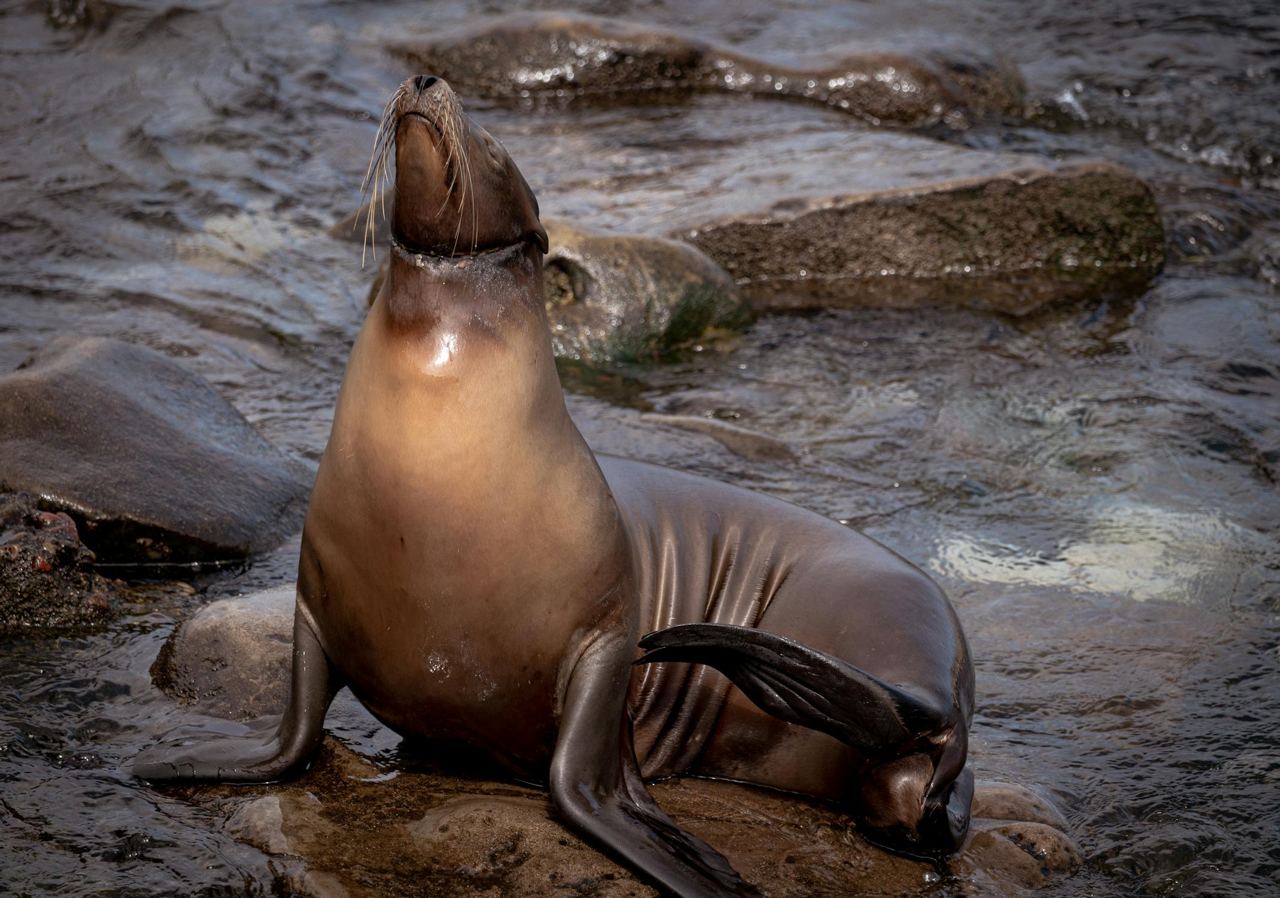According to a report issued by the Committee of Fisheries of the Ministry of Agriculture of Kazakhstan, sea mammals in the coastal region of Mangistau region are dying at an alarming rate.
On March 31, whilst monitoring the Kazakh coast of the Caspian Sea, fisheries inspection staff alongside the local executive body, discovered 16 seal carcasses, bringing the total of dead seals found this year to 78. Only one of the carcasses showed signs of physical damage.
To ascertain the cause of death, samples of tissues of internal organs as well as fangs, claws and hair, were taken from 20 carcasses for examination by scientists at the Institute of Hydrobiology and Ecology.
“Two major factors influence the death of Caspian seals: natural and anthropogenic,” researcher Zhazira Sydykova told The Times of Central Asia. “The anthropogenic factor includes pollution of the Caspian seals’ habitat, the impact of fishing and poachers’ nets, as well as the extraction of oil products, which has a very negative impact on the Caspian seals’ population. The natural factor we can attribute to ice drift and the death of seals during extremely warm winters.”
The samples are being currently being processed, and only after receiving the results will scientists be able to more accurately identify the mammals’ cause of death. Until then, experts are reluctant to offer even a hypothetical explanation.
Sydykova did however, highlight the fact that the institute has been monitoring the periodicity of emissions into the Caspian Sea on an annual basis since 2017. Data from the coastal zone is usually taken each spring but emissions are sometimes detected as late as autumn. The last significant death toll in the seal population was recorded back in 2021. Several pregnant cows were found amongst the carcasses. Based on the presence of traces of toxins and heavy metals in the animals’ tissues, experts attributed the cause of death to pollution by heavy gases and in particular, hydrogen sulfide.
The Institute of Hydrobiology and Ecology is now looking at ways to prevent the death of Caspian seals including the introduction of environmental requirements for shipping companies and the extraction of hydrocarbon resources. Scientists have also called for a stricter compliance with certain regulations and more thorough reportage on all industrial discharges released into the sea to improve their ability to monitor environmental changes and take appropriate measures.



